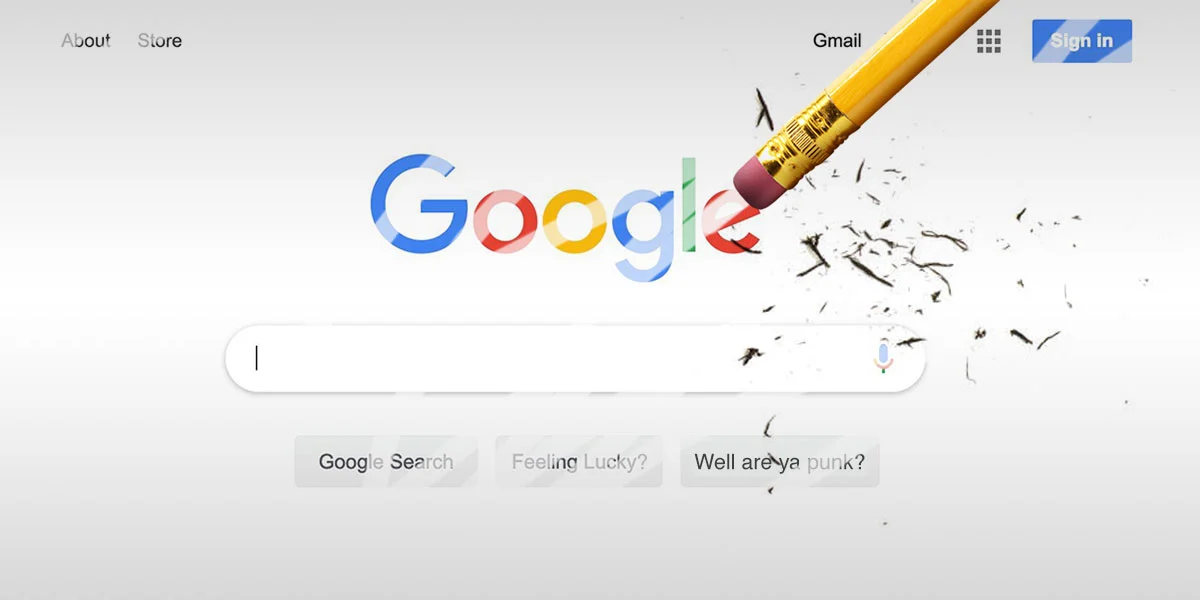- cross-posted to:
- [email protected]
- cross-posted to:
- [email protected]
For the next three years, Google must meet the following criteria:
- Allow third-party app stores for Android, and let those app stores distribute all the same apps as are available in Google Play (app developers can opt out of this);
- Distribute third-party app stores as apps, so users can switch app stores by downloading a new one from Google Play, in just the same way as they’d install any app;
- Allow apps to use any payment processor, not just Google’s 30 percent money-printing machine;
- Permit app vendors to tell users about other ways to pay for the things they buy in-app;
- Permit app vendors to set their own prices.
Google is also prohibited from using its cash to fence out rivals, for example, by:
- Offering incentives to app vendors to launch first on Google Play, or to be exclusive to Google Play;
- Offering incentives to app vendors to avoid rival app stores;
- Offering incentives to hardware makers to pre-install Google Play;
- Offering incentives to hardware makers not to install rival app stores.



Guess their thinking is that Google may not be a monopoly in 3 years, so the rules might not need to apply at that point, or they be reviewed?
Why can’t these rules apply to everyone always?
They should apply to all platforms which have over a certain number of users, for sure. It’s not really a good idea imo to make it universally applicable because then you would end up with a situation where a hobbyist developer is legally required to deal with complying with all that legislation for their homebrew project with half a dozen users.